From Miriam Makeba's revolutionary win in 1966 to Burna Boy's historic victory in 2021, African artists have etched their rhythmic narratives into the GRAMMY Awards. This article unravels the journey of resilience, activism, and musical passion that defines the legacy of African musicians on the global stage. As we anticipate the 66th GRAMMY Awards and the introduction of the Best African Music Performance category, join us in celebrating the enduring impact of African artists who have not only claimed golden gramophones but have also enriched the world with their unique musical expressions.
Introduction
As the 66th GRAMMY Awards approach on February 5, 2024, a groundbreaking moment is set to unfold on Music's Biggest Night. For the first time in GRAMMY history, African musicians will compete in a category exclusively dedicated to their craft—the inaugural Best African Music Performance. This historic category marks the latest chapter in a rich narrative that began decades ago, as African artists have continuously made waves and left an indelible mark on the prestigious awards ceremony.
Miriam Makeba (South Africa) - Best Folk Recording (with Harry Belafonte) - 1966
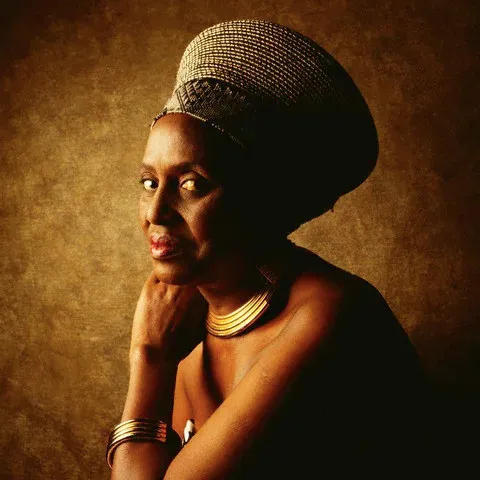
Miriam Makeba stands as the trailblazer, the first African artist to secure a GRAMMY win. Born in apartheid-era South Africa, Makeba's victory in 1966 for the album "An Evening with Belafonte/Makeba" marked a revolutionary moment. Her music not only resonated globally but also served as a powerful tool against the oppressive apartheid regime. Makeba's fearless commitment to activism and her extraordinary vocal talent laid the foundation for future generations of African artists.
Babatunde Olatunji (Nigeria) - Best World Music Album - 1991
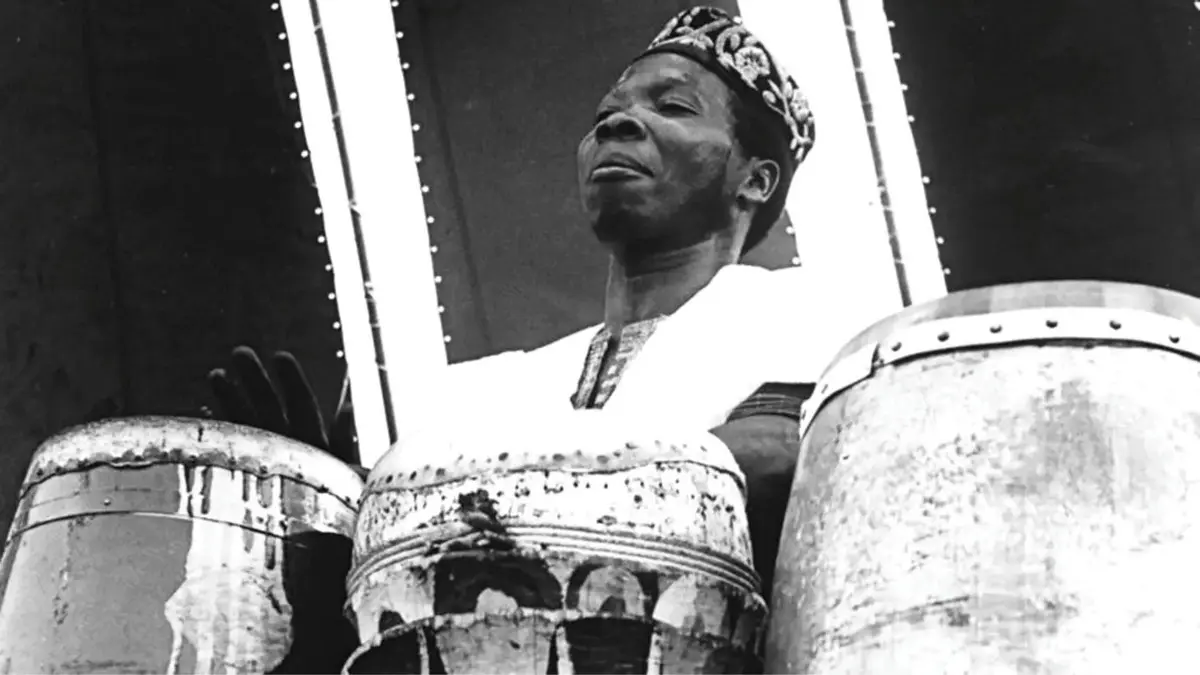
A pioneer in the world of traditional African music, Babatunde Olatunji claimed a Grammy in 1991 for his contribution to Mickey Hart’s "Planet Drum." Olatunji, hailing from Nigeria, journeyed to the United States, leaving an indelible mark on the global music scene with his rhythmic prowess. His recognition in the Best World Music Album category showcased the diverse tapestry of African musical traditions on the international stage.
Ali Farka Touré (Mali) - Best World Music Album - 1994, 2005; Best Traditional World Music Album - 2010
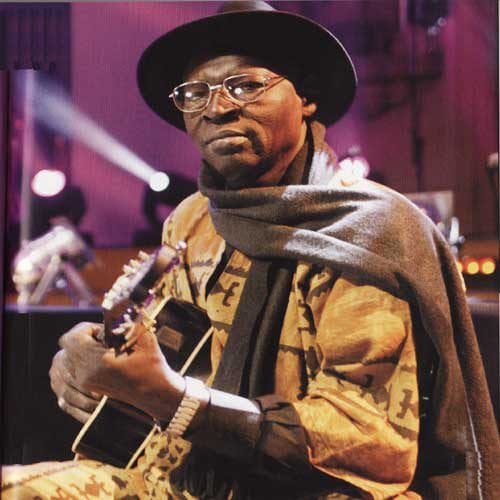
Hailing from Mali, Ali Farka Touré, often dubbed the godfather of desert blues, crafted a musical legacy that transcended borders. Touré's ability to fuse African influences with the blues earned him multiple GRAMMYs, notably for the collaborative album "Talking Timbuktu" with Ry Cooder. His impact extended beyond music as he later served as the mayor of Niafunké, contributing to the development of his hometown.
Cesária Évora (Cape Verde) - Best Contemporary World Music Album - 2004
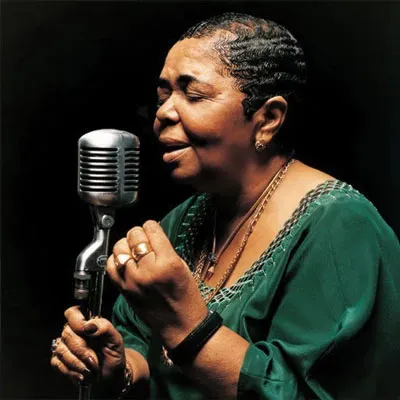
Known as the "Barefoot Diva," Cesária Évora from Cape Verde left an indelible mark with her melancholic, fado and blues-derived music. Her triumph at the 2004 GRAMMYs for "Voz d’Amor" underscored the ability of artists from smaller nations to captivate global audiences, showcasing the richness of Cape Verdean culture.
Youssou N’Dour (Senegal) - Best Contemporary World Music Album - 2005
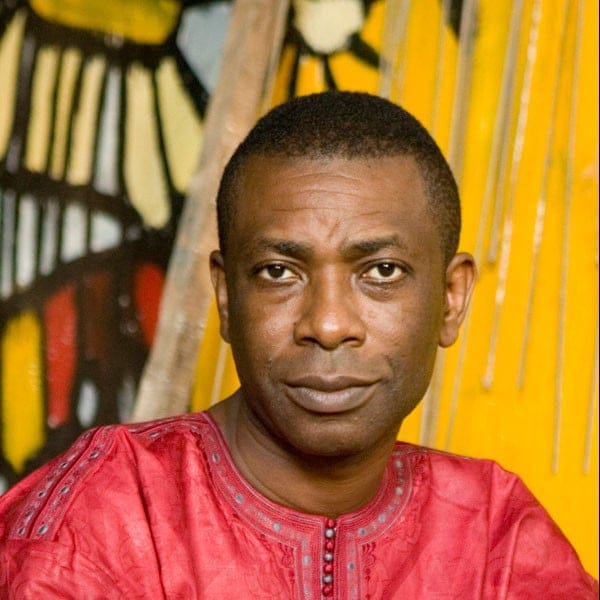
Senegal's legendary vocalist, Youssou N’Dour, etched his name in GRAMMY history in 2005 as the first Senegalese artist to win the award. A griot by birth, N’Dour's contribution to the global music scene, including collaborations with international icons, showcased the diversity and depth of African musical traditions.
Soweto Gospel Choir (South Africa) - Best Traditional World Music Album (x3) - 2007
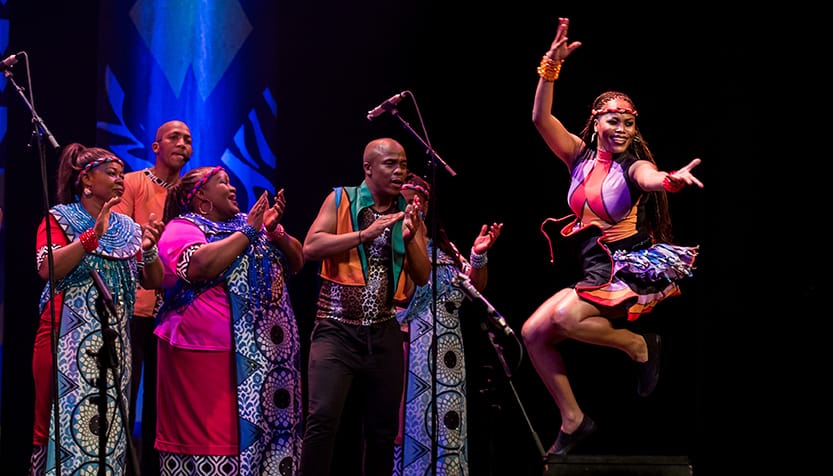
The Soweto Gospel Choir, formed in 2002, represents the vibrancy and soul of South African music. Their recognition at the 49th GRAMMY Awards for "Blessed" in the Best Traditional World Music Album category solidified their status as cultural ambassadors, blending gospel, Negro spirituals, and reggae with African rhythms.
Sikiru Adepoju (Nigeria) - Best Contemporary World Music Album - 2008
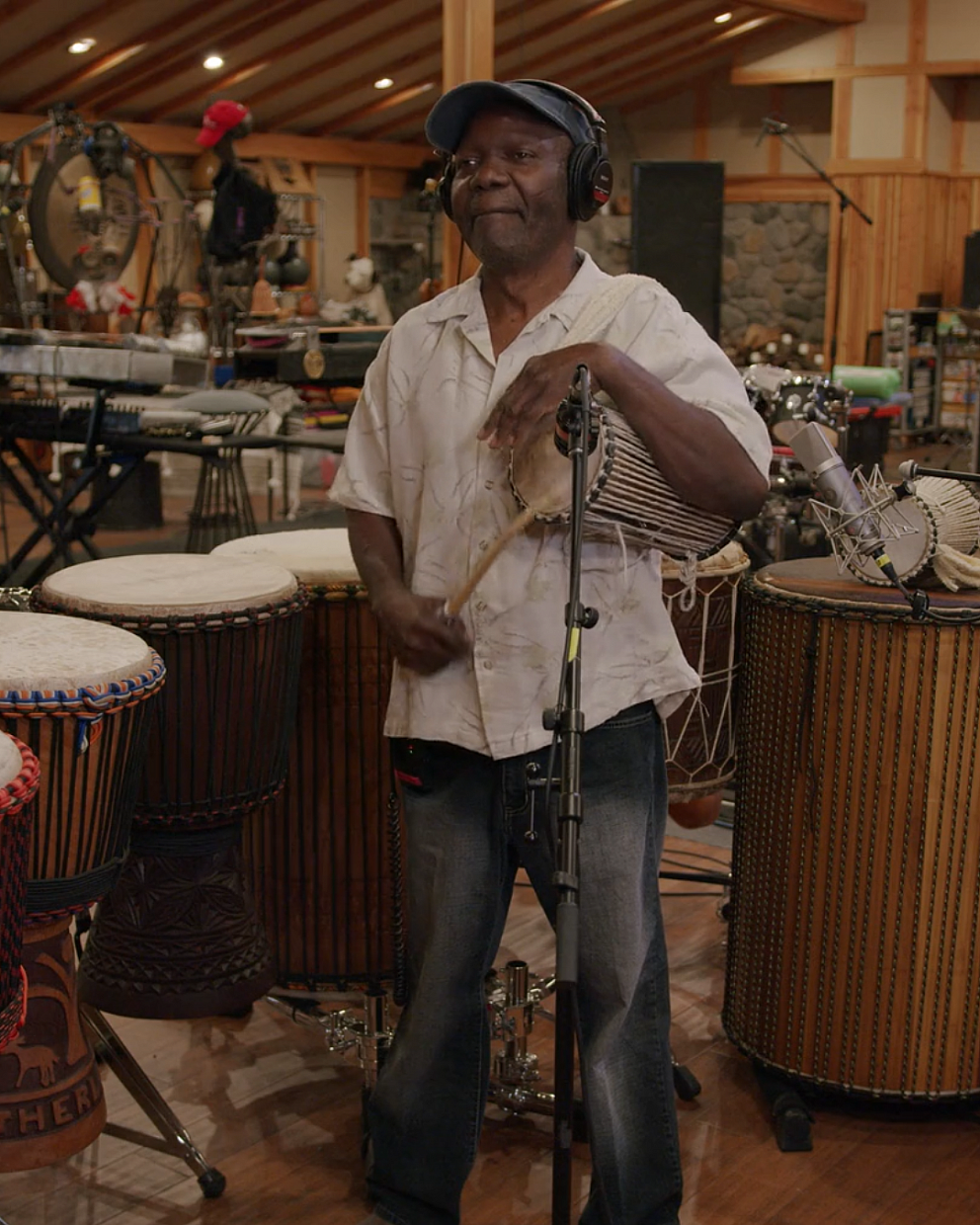
Sikiru Adepoju, another Nigerian percussionist and recording artist, made history at the 53rd GRAMMY Awards by winning the Best Contemporary World Music Album for his role in the 'Global Drum Project.' His achievement reinforced the influence of African rhythms in contemporary global music, solidifying Nigeria's presence on the GRAMMY stage.
Angélique Kidjo (Benin/France) - Best Contemporary World Music Album - 2008; Best World Music Album (x3)
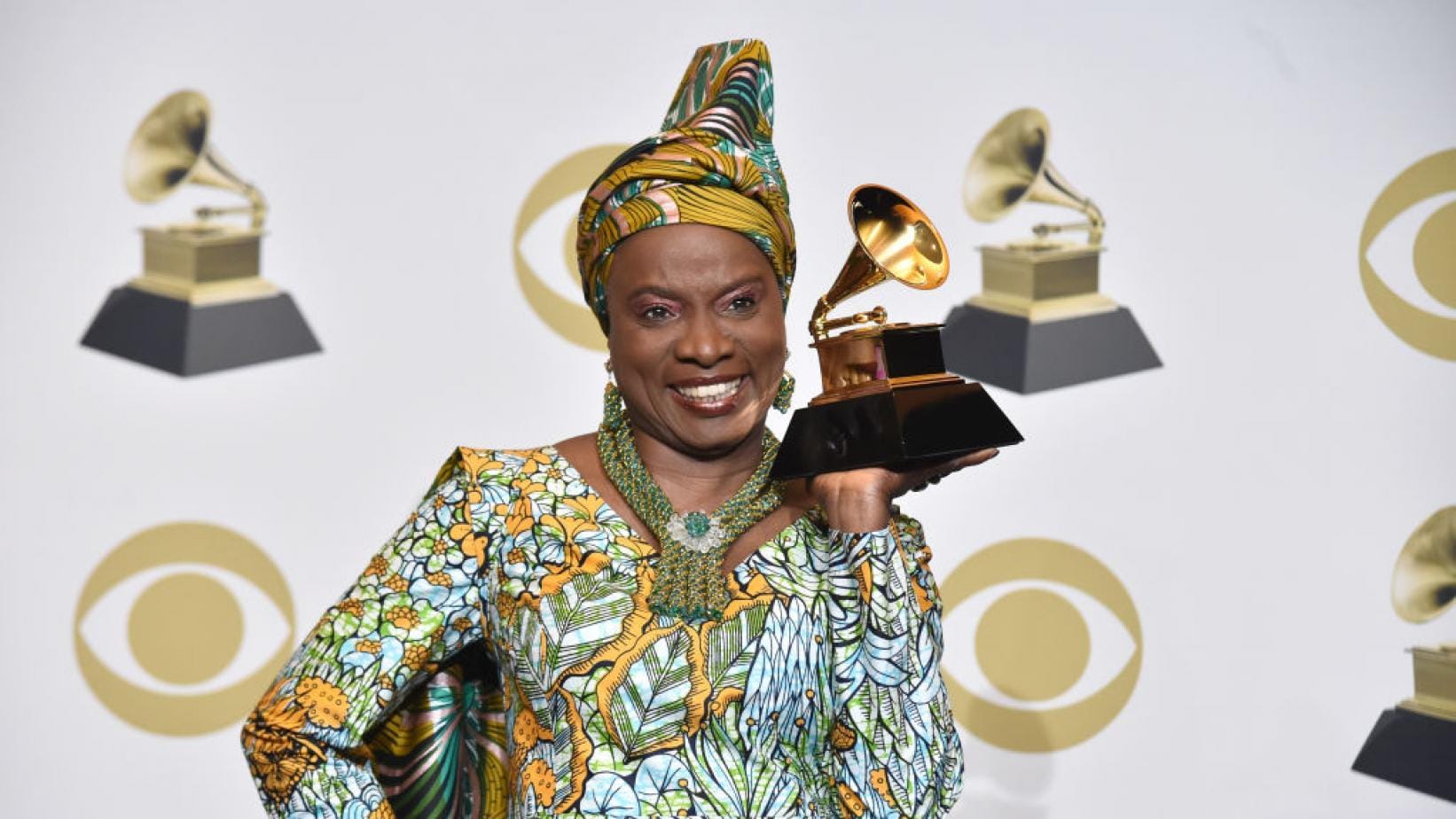
Originating from Benin and residing in France, Angélique Kidjo stands as the most decorated African artist in GRAMMY history. With five trophies, including wins for "Djin Djin" and "Mother Nature," Kidjo's influence extends beyond her musical prowess. She is a cultural icon, bridging gaps between continents and generations.
Burna Boy (Nigeria) - Best Global Music Album - 2021
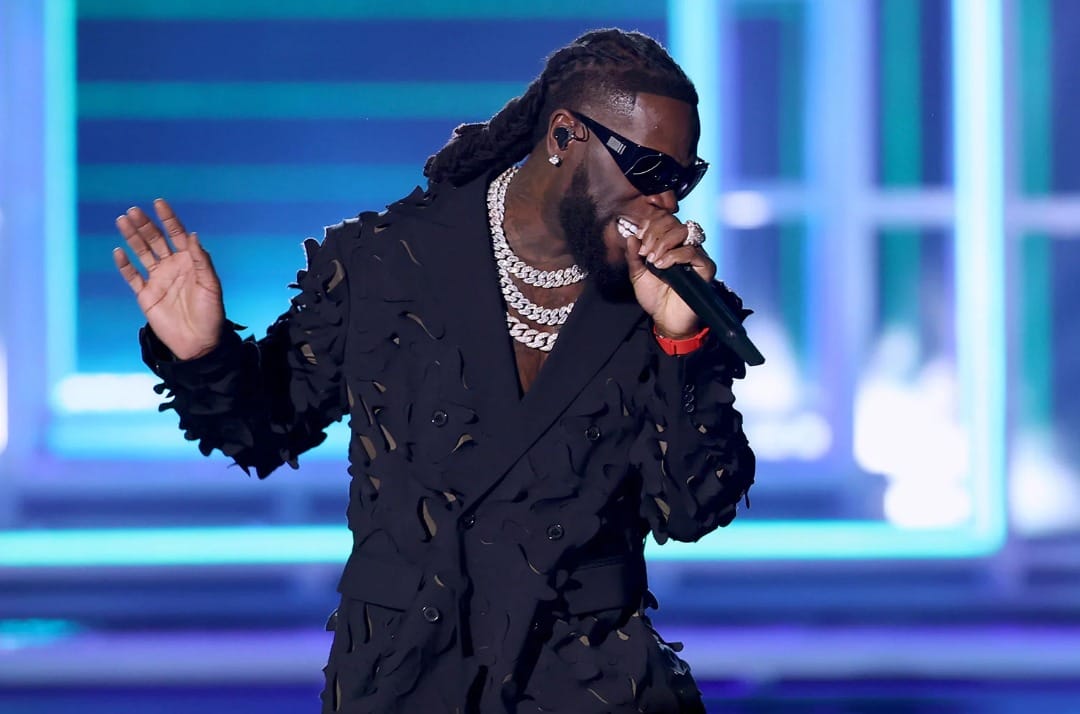
Burna Boy, the "African Giant," achieved a historic feat in 2021 by becoming the first Nigerian male artist to win a GRAMMY for an original work. His album "Twice as Tall" earned him the Best Global Music Album award, reflecting the global impact of Afrobeats and the growing influence of African artists on the world stage.
Black Coffee (South Africa) - Best Dance/Electronic Album - 2022
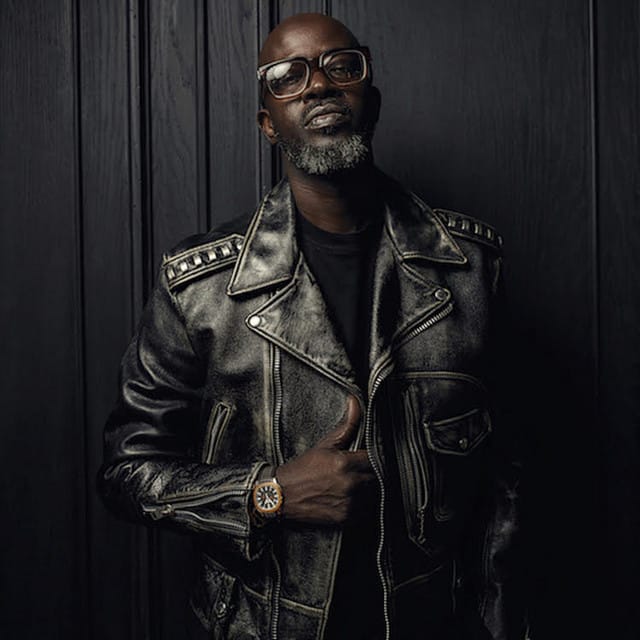
Black Coffee's triumph in 2022 for "Subconsciously" marked a paradigm shift, showcasing that African musicians can excel in diverse genres, including electronic dance music. Despite facing challenges, Black Coffee's success demonstrated the evolving landscape of African contributions to the global music scene.
Conclusion
As the 2024 GRAMMY Awards approach, the nominations of artists like Davido, Burna Boy, Asake, Olamide, Ayra Starr signal a new era for African representation. The Best African Music Performance category promises to be a celebration of the continent's musical diversity, cementing the legacy of African artists at the forefront of global music.




Member discussion